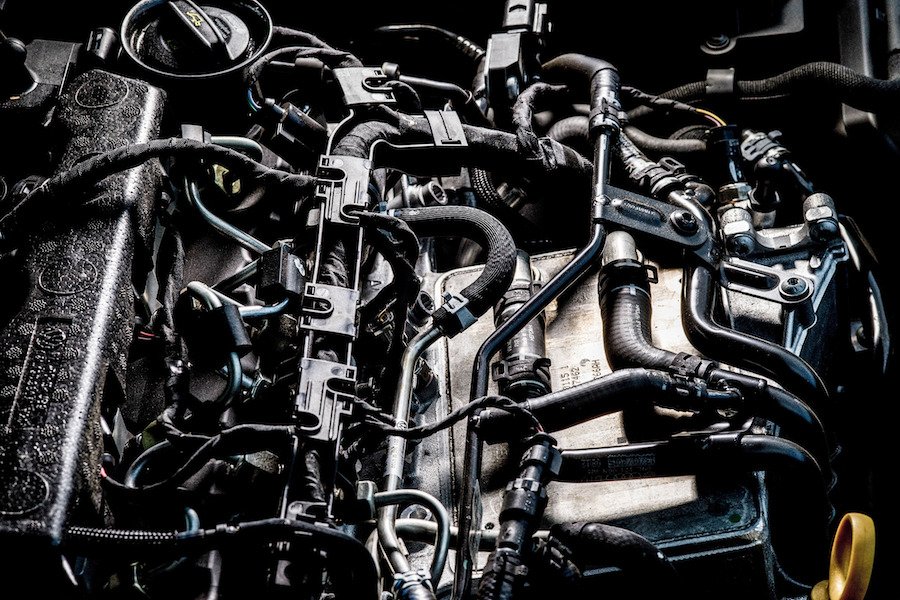EU Postpones ICE Ban Vote Due To German Concerns On Costs, Job Losses

The European Union delayed a key vote banning combustion-engine vehicles after Germany voiced concerns about the bloc’s green plans. The specific issue is how the bans affect the auto industry and the use of e-fuels in vehicles after 2035.
The vote was intended to be a routine approval of a deal the EU reached last year banning new fossil fuel vehicles starting in 2035. However, the delay came due to concerns Germany would have abstained from the vote, potentially derailing the EU's green plans.
Eliminating carbon-based transportation emissions is a key part of the EU's goals to reduce greenhouse gasses by 55 percent this decade and achieve climate neutrality by 2050. However, there are concerns over the impact on the auto industry as it transitions to manufacturing electric vehicles. These concerns were realized last month when Ford announced it was cutting about 3,800 jobs across Europe, with workers in Germany and the UK expected to be the hardest hit.
However, carving out legislation for e-fuels does not address job reductions in vehicle production. It only provides a way forward for the continued operation of existing internal-combustion vehicles. Additionally, any legislation is likely to be nuanced with technical loopholes. The current definition of e-fuels could be interpreted to include fossil fuels that are refined using renewable electricity, not just fuels produced from bio or synthetic sources. As for bio and synthetic fuels, they are currently more expensive to produce than fuels from traditional sources.
For these reasons, many people doubt that e-fuels offer a viable solution or should be part of a comprehensive transportation strategy. They believe exceptions for fossil fuels and e-fuels should be limited to aviation and shipping, which are more difficult to decarbonize. Even so, some EU officials are optimistic a compromise can be reached.
Currently, EU and German officials are looking at options to allow the use of e-fuels after 2035, and there were signs in Berlin this week that the German government was open to a compromise that would allow the phase-out to proceed. European Commission President Ursula von der Leyen planned to meet German Chancellor Olaf Scholz Sunday when the topic will likely be discussed.
Verwandte Nachrichten
